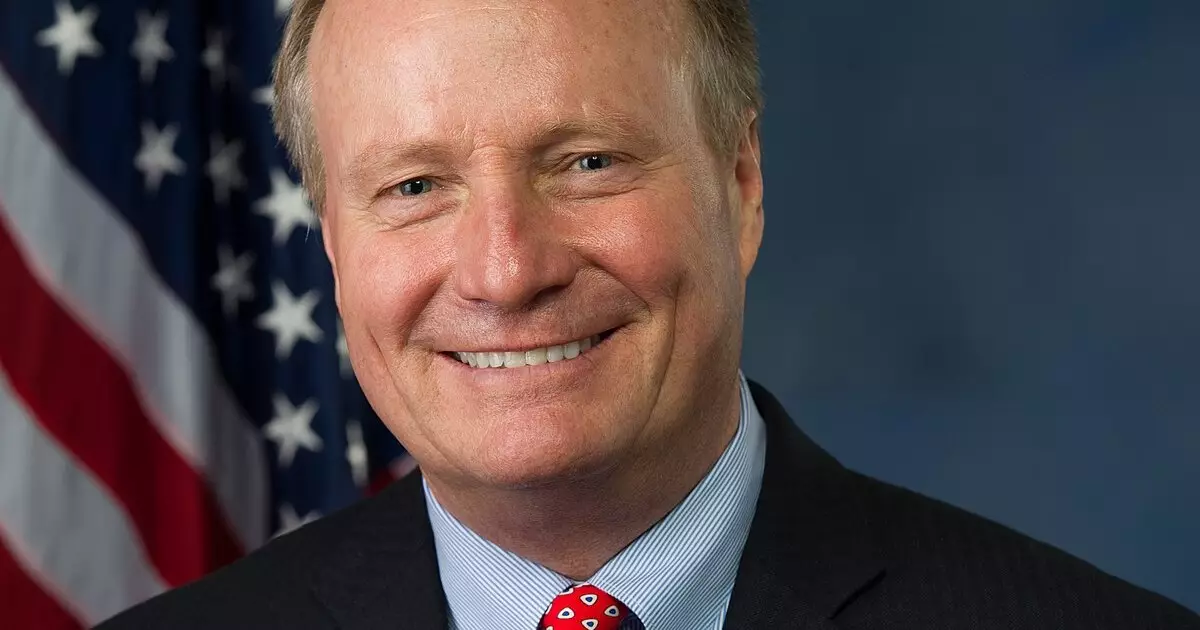As the nation’s capital grapples with ongoing security threats, Washington D.C.’s leadership has turned to Congress with an urgent request for a significant boost to its budget for fiscal year 2025. The proposed budget seeks $932 million, marking an increase of $142 million from previous allocations. This appeal is actively championed by Rep. Dave Joyce, a Republican from Ohio, who emphasizes the critical nature of emergency preparedness funding in light of the upcoming Presidential Inauguration. Joyce, also a member of the House Task Force investigating the attempted assassination of a former president, rightly underscores the importance of a robust financial plan to ensure safety during high-profile events.
The initial session during which this request was presented brought together key city officials, including Washington’s Chief Financial Officer, City Council Chairman, and Mayor Muriel Bowser. Each voiced their support for the budget increase, citing the city’s sound financial management as a foundation for their request.
Mayor Bowser confidently reinforced the city’s fiscal stability, stating that D.C. has maintained a balanced budget over the last 29 fiscal periods and possesses a triple-A bond rating. This financial prowess is seen as an asset, garnering admiration from leaders across the nation. However, it raises questions about the implications of federal oversight on local governance, suggesting that while the city showcases financial health, its reliance on federal grants and reimbursements may deter complete financial independence.
The connection between the District of Columbia and the federal government runs deep, with Congress playing a crucial role in determining the city’s financial well-being. This dynamic, highlighted by Council Chairman Phil Mendelson, reveals the risks inherent in relying on federal allocations, especially amidst ongoing budgetary standoffs and the cyclical threats of government shutdowns. Mendelson’s assertion that congressional delays in passing appropriations ultimately elevate the city’s borrowing costs should not be understated, as it posits a direct correlation between federal action (or inaction) and local fiscal health.
Beyond the budgetary concerns tied to security and governance, Washington D.C. is facing significant economic headwinds linked to the shift towards remote work—a trend spurred by the pandemic. City officials, including CFO Glen Lee, noted that downtown D.C. has not yet rebounded to pre-pandemic levels, with office occupancy dropping to about 50% of former figures. This decline translates into a staggering reduction in daily commuters, estimated at around 100,000 to 250,000 fewer individuals swarming the streets and supporting local businesses.
The long-term economic ramifications of this trend warrant serious analysis, as the ripple effects are felt by service-oriented establishments heavily dependent on foot traffic. For a city whose vitality relies on the daily influx of workers and tourists, the ramifications of remote work could be more profound than merely adjusting budgets; they might necessitate a reevaluation of economic strategies and urban development initiatives.
As the leaders of Washington D.C. navigate these complexities, they face the additional challenge of congressional interference in local governance. Throughout the city’s budget process, contentious legislative riders related to cannabis sales, voting rights, and other localized matters have historically been stitched into financial proposals. Rep. Steny Hoyer’s remarks about the residents of D.C. handling their governance reflect a growing sentiment that local issues should be directed by those who actually live there.
This tension between local autonomy and federal oversight encapsulates the ongoing struggle for D.C.’s self-governance. With the residents yearning for more control over their local issues and Congress often overstepping its bounds, a broader discussion regarding statehood and congressional representation is likely to emerge, causing city leaders to advocate for a more hands-off approach from Washington.
Washington D.C. stands at a critical juncture where security concerns, economic challenges, and the fight for local autonomy intersect. As city leaders assert the need for an increased budget amidst a shifting economic landscape, they reflect both the strengths and vulnerabilities inherent in being the nation’s capital. Ultimately, the interplay between local governance and federal oversight will shape not only the city’s immediate financial health but also its long-term trajectory in an ever-evolving political and economic environment.

